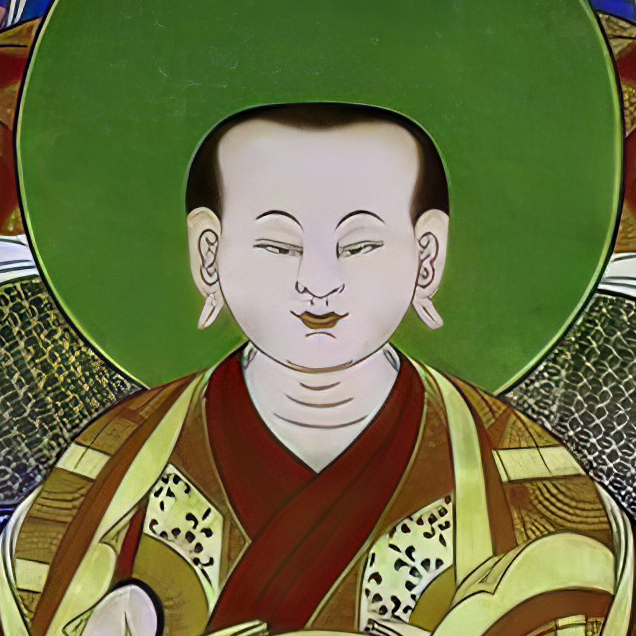Forbearance
Forbearance
Forbearance entails tolerating the unwholesome deeds of others, enduring hardships for the sake of Dharma practice, and following the profound Dharma courageously.
Forbearance enables us to eliminate negative emotions, such as anger, arrogance, and discontent. It renders our mind serene and peaceful. For example, when people harm others, those who practise forbearance would not be driven by habitual tendencies and react with anger. Instead, they would think that whatever harm others do to me, I will not be reborn in hell realms for that reason. For as long as I do not create any negative causes, I will not experience the karmic consequence of pain. The fact that the person is hurting me now is a result of he or she being controlled by the force of karma, which is involuntary. If I react with anger, I am creating negativity, and that will cause me undesirable karmic retributions in samsara; whereas, if I endure the harm patiently, the karma between us will be exhausted from now onward. If I utilise this opportunity to practise exchanging self for others, a principle of Bodhicitta, I can accumulate merits on my path towards liberation. This transforms the initial harm into a positive practice.
As experienced by sentient beings, the law of cause, condition, and effect is infallible. That is why we need to engage in virtuous deeds and forsake evil deeds. However, the ultimate truth holds that all conditioned occurrences are like dreams and illusions, there is neither good nor evil. We should develop certainty regarding this ultimate truth, and seek to understand and experience it through applying it in our diligent practice. This is the path of fearlessness in following the profound Dharma.
This chapter is part of: Introduction Course - Part 2: Bodhichitta

